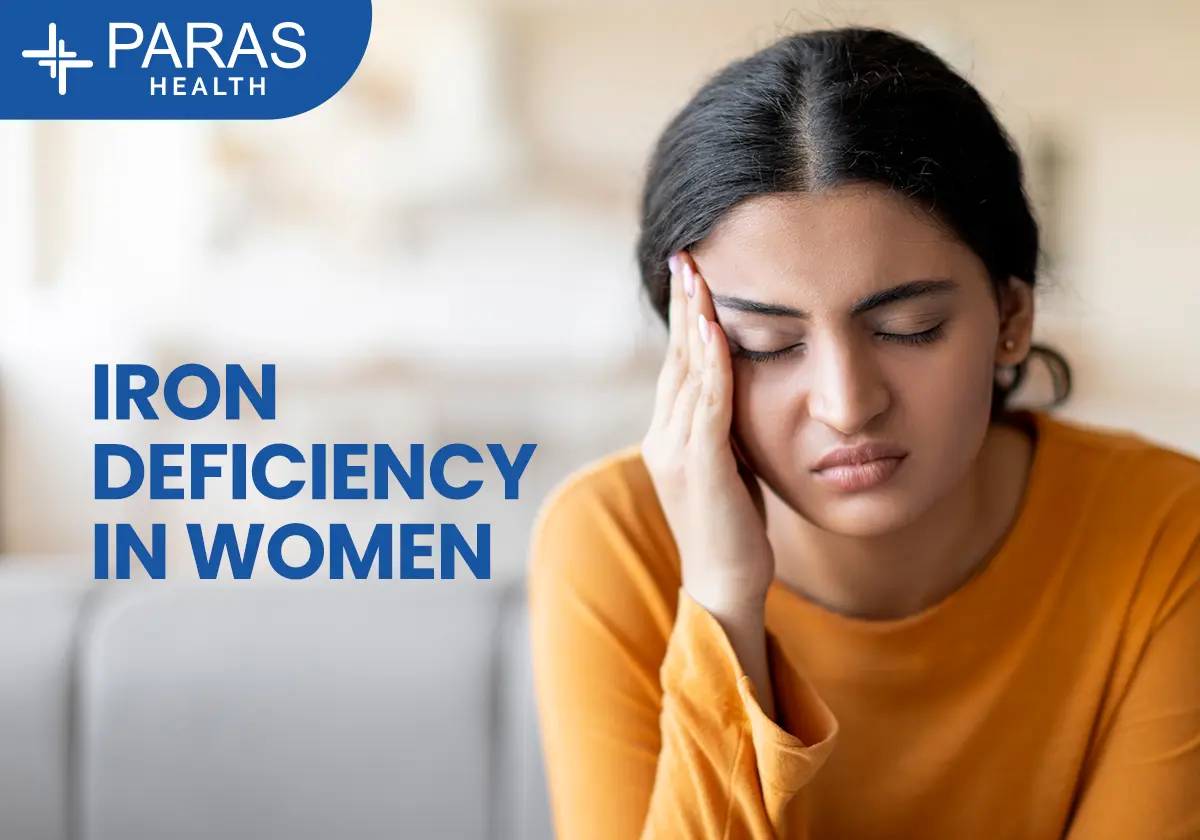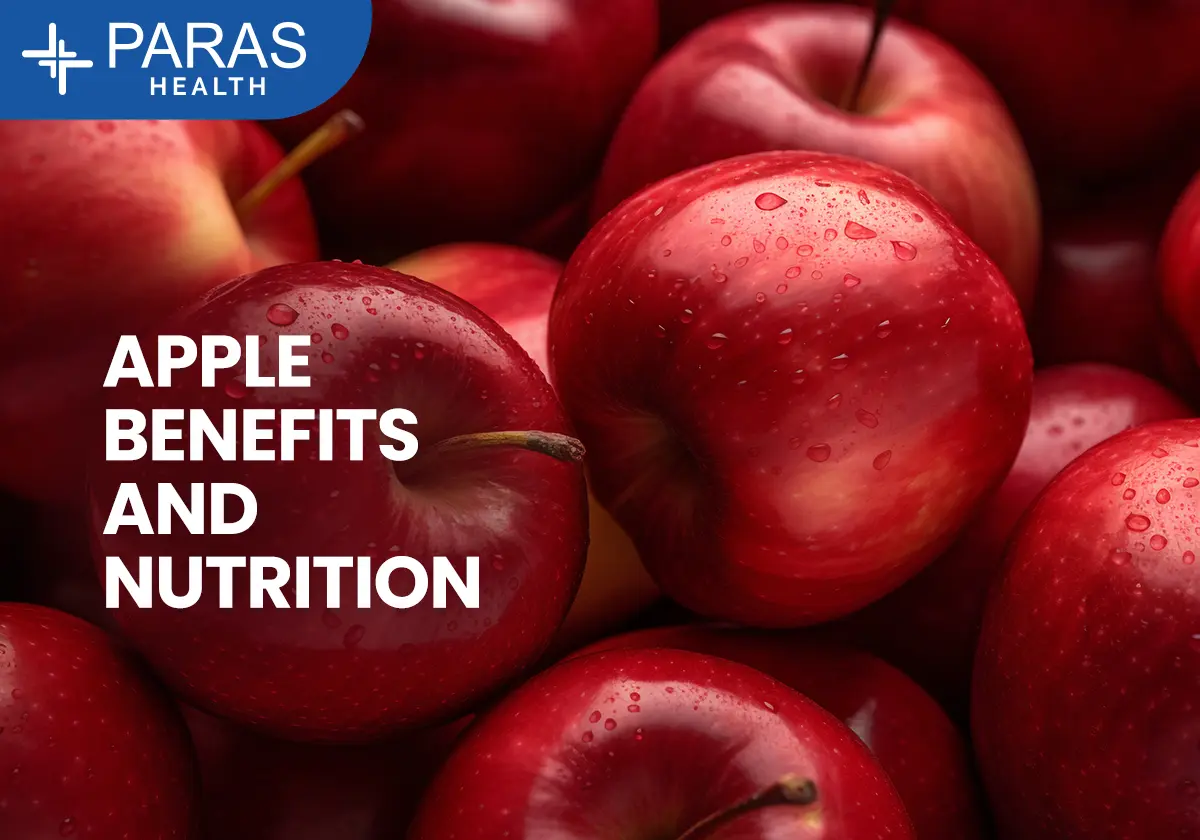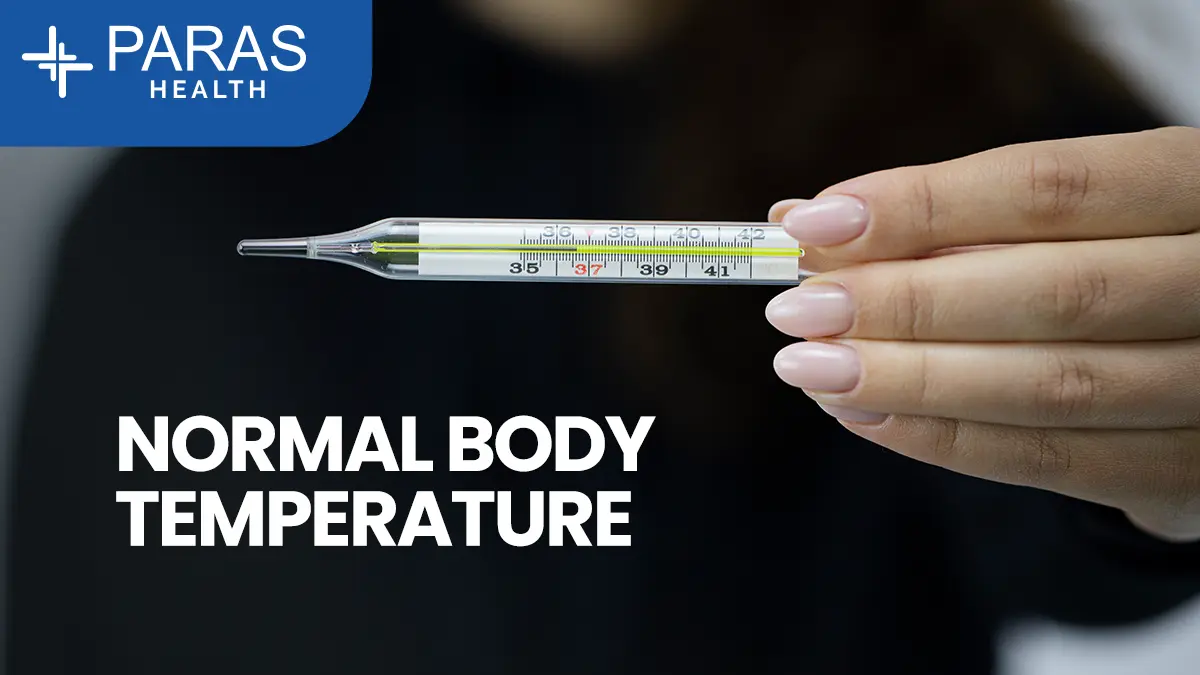Early Signs & Symptoms of Dehydration You Should Never Ignore
May 28, 2025
Water is life. Yet many of us underestimate just how important it is to stay hydrated—until our body starts sending signals that it’s running low on fluids. Dehydration may start mild, but if ignored, it can quickly become severe, even life-threatening in some cases.
Whether you're in the middle of a hot summer, recovering from an illness, or just going about your day, it’s vital to recognize the early signs of dehydration. In this blog, we’ll cover the first symptoms of dehydration, how it affects different age groups, and when you should seek medical help.
What is Dehydration?
Dehydration occurs when your body loses more fluids than it takes in. Your body is made up of about 60% water, and every cell, tissue, and organ needs it to function properly. Losing just 1–2% of your body’s water can start to affect your physical and mental performance.
Common causes of dehydration include:
- Not drinking enough fluids
- Excessive sweating
- Vomiting or diarrhea
- Fever
- Certain medications (e.g., diuretics)
- Heat exposure or prolonged sun exposure
Early Signs of Dehydration You Should Never Ignore
Understanding the initial symptoms of dehydration can help prevent complications. These signs are your body’s way of asking for water:
Thirst and Dry Mouth
This is the most obvious and early signal. If your mouth feels dry or sticky and you feel thirsty often, you’re likely already slightly dehydrated.
Dark Yellow Urine
Clear or light-colored urine indicates proper hydration. Dark yellow or amber urine suggests you're not drinking enough water.
Fatigue and Weakness
Feeling drained without a clear reason? Dehydration causes fatigue by reducing blood circulation and oxygen delivery to muscles and organs.
Dizziness or Lightheadedness
A drop in fluid levels can lead to a drop in blood pressure, resulting in dizziness, especially when standing.
Headaches
Even mild dehydration can trigger a headache. If you notice tension or a dull ache after a few hours without water, dehydration might be the cause.
Dry Skin and Chapped Lips
Your skin is a reflection of your internal hydration levels. If it’s dry, itchy, or less elastic than usual, or if your lips are cracked, you may be dehydrated.
Reduced Urination
Not going to the bathroom as often as usual? Infrequent urination (less than every 4–6 hours) is a key sign of dehydration.
Muscle Cramps
When fluid levels are low, electrolyte imbalance may occur, leading to painful cramps—especially during or after exercise.
Brain Fog or Poor Concentration
Dehydration can also impact cognitive function. You may find it hard to focus, feel irritable, or mentally sluggish.
Signs of Dehydration in Children
Children are especially vulnerable to dehydration, especially when sick. Look out for:
- Fewer wet diapers
- No tears while crying
- Sunken soft spot (fontanelle)
- Dry tongue and mouth
- Fussiness or unusual sleepiness
Signs of Dehydration in the Elderly
Dehydration in elderly people can be harder to detect, as their sense of thirst diminishes with age. Be alert for:
- Sudden confusion or disorientation
- Constipation
- Dry mouth
- Low urine output
- Rapid heartbeat or shallow breathing
Effects of Dehydration on the Body
Dehydration affects nearly every part of the body. Here’s how:
👉 Brain:
- Headaches
- Confusion
- Memory problems
- Drowsiness
👉 Kidneys:
- Reduced kidney function
- Higher risk of kidney stones
- Urinary tract infections
👉 Heart:
- Low blood pressure
- Irregular heartbeat
- Rapid pulse
👉 Digestive System:
- Constipation
- Bloating
- Poor digestion
How to Diagnose Dehydration
Mild to moderate dehydration can often be self-assessed, but clinical diagnosis may include:
- Blood tests to check electrolyte levels
- Urine tests for concentration
- Monitoring heart rate and blood pressure
When to See a Doctor for Dehydration
Seek immediate medical attention if you experience:
- No urination for 8 hours or more
- Confusion or disorientation
- Fainting or dizziness that doesn’t go away
- Extreme thirst with dry mouth and eyes
- Sunken eyes or skin that doesn’t bounce back when pinched
How to Prevent Dehydration
Prevention is the best cure. Here’s how to stay properly hydrated:
✅ Daily Habits
- Drink 8–10 glasses of water a day
- Carry a reusable water bottle
- Drink more if you’re active or in the sun
✅ Eat Hydrating Foods
- Watermelon, cucumber, oranges, strawberries
- Soups and broths
- Coconut water (natural electrolyte source)
✅ Monitor Your Health
- Watch urine color
- Set hydration reminders on your phone
- Avoid excess caffeine and alcohol
Dehydration Treatment at Paras Hospital
At Paras Hospital, we provide specialized care for patients experiencing mild, moderate, and severe dehydration. Our team of experts, including emergency physicians and pediatricians, ensures rapid assessment and safe recovery through:
- IV fluids for rehydration
- Electrolyte balancing
- Monitoring and supportive care
Whether it’s dehydration in kids, elderly adults, or post-illness recovery, our hospital is equipped to provide prompt and compassionate treatment.
📞 Book a consultation today or call 8080808069 for expert guidance.



.webp)






 (1).webp)